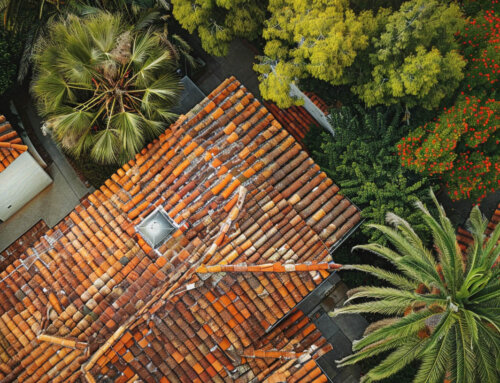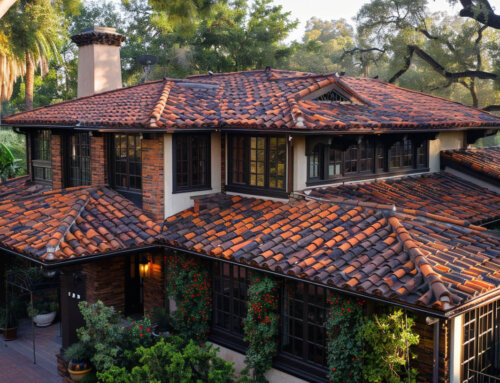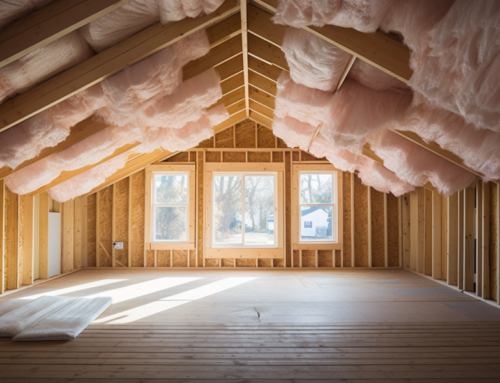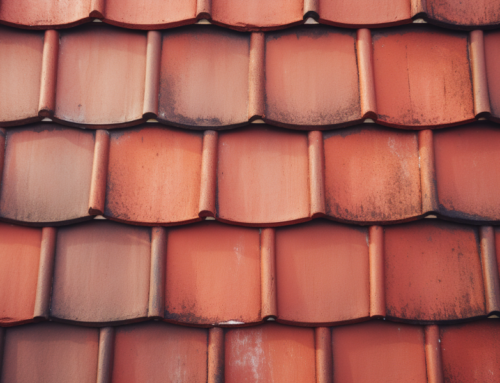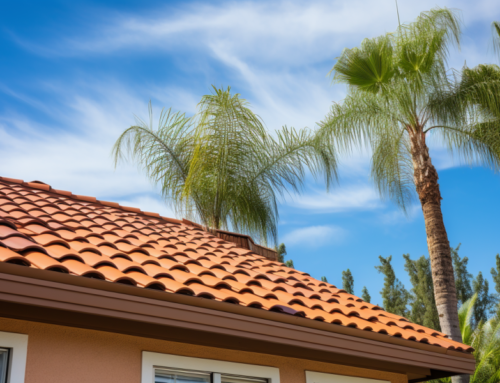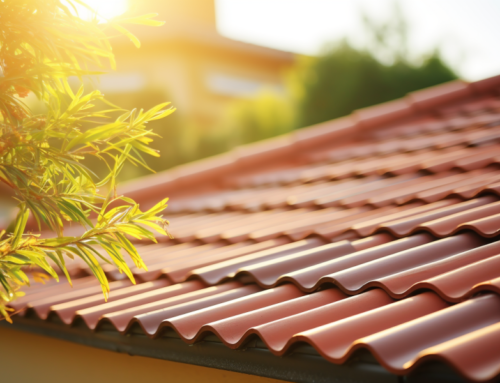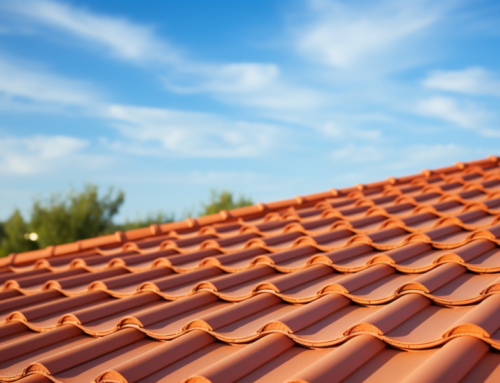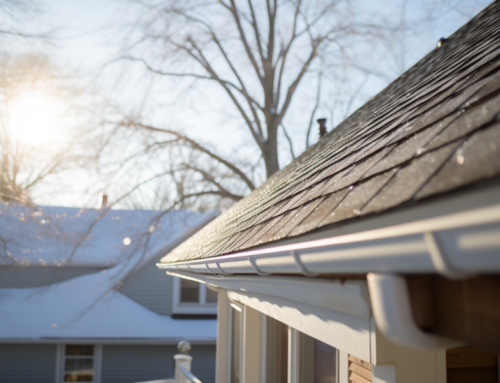Asphalt shingles have become a staple in American residential roofing, with a staggering 80% of homes showcasing this material. Their widespread popularity stems from their affordability, versatility, and durability. However, like any material, they come with their own set of pros and cons. Here’s a deep dive into the world of asphalt shingles to help you make an informed decision.
What Are Asphalt Shingles?
At their core, asphalt shingles are bases saturated with asphalt. These bases can be derived from organic materials or fiberglass. The organic variant is a blend of waste paper, asphalt, salt coatings, and ceramic granules. On the other hand, fiberglass shingles are crafted from glass fiber, coated with asphalt and enriched with minerals like mica, schist, quartz, slate, ceramic, or stone. These coatings bestow the shingles with their waterproof and fireproof properties.
These shingles can be cut in the familiar “three-tab” pattern, but their design possibilities are vast, spanning various shapes, styles, and hues.
The Upsides of Asphalt Shingles
San Diego County Roofing & Solar has observed the following advantages of asphalt shingles:
- Affordability: Without a doubt, asphalt shingles are one of the most cost-effective roofing materials available. Their installation is swift and straightforward, and with the right care, they can serve homeowners for a good 25-30 years.
- Maintenance and Repair: These shingles are not only easy to install but also to repair or replace. Their installation doesn’t demand specialized tools or accessories, making the process even more economical.
- Versatility: Asphalt shingles can be tailored to fit a homeowner’s specific aesthetic preferences, thanks to their wide range of shapes, styles, and colors.
- Protection: The shingles offer dual protection – they are both water and fireproof. This ensures an added layer of safety for homes against unforeseen calamities.
- Compatibility: They seamlessly integrate with most roof types, especially those with a steep slope.
- UV Ray Deflection: The mineral granules present on the shingles act as a shield, deflecting the harmful UV rays that can damage roofs.
The Downsides of Asphalt Shingles
While asphalt shingles offer numerous benefits, they have certain limitations:
- Wind Vulnerability: Their lightweight nature can be a double-edged sword. In areas prone to strong winds, these shingles can be easily lifted or torn away.
- Heat and Moisture Sensitivity: Prolonged exposure to excessive heat and moisture can curtail the lifespan of asphalt shingles. Once damaged, they can leave the roof structure vulnerable to external elements.
- Moss and Vegetation Growth: In conditions of excessive moisture, there’s a risk of moss and vegetation growth on the roof. This can hinder water runoff, leading to potential water damage.
Making the Right Choice
When considering roofing in San Diego, it’s crucial to weigh the pros and cons of asphalt shingles. While they offer a plethora of benefits, it’s essential to consider the local climate and specific needs of your home. San Diego County Roofing & Solar recommends consulting with local roofing companies in San Diego to ensure you make the best choice for your home’s protection and aesthetics.



